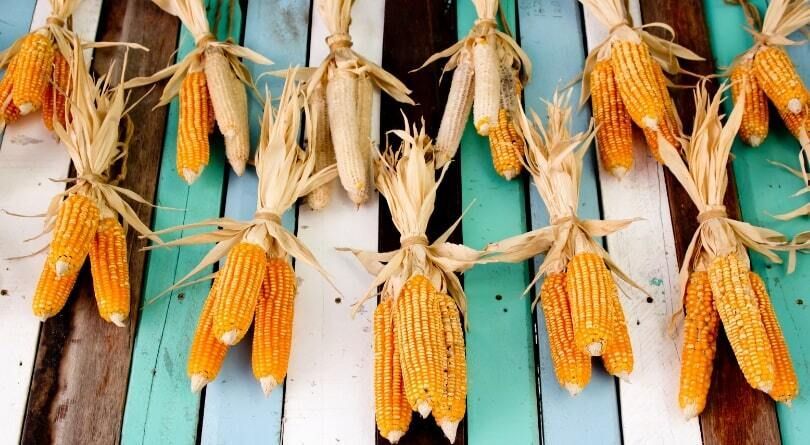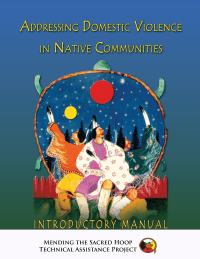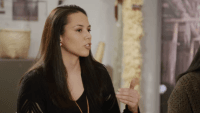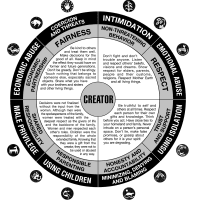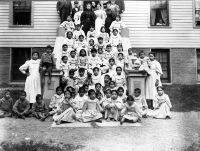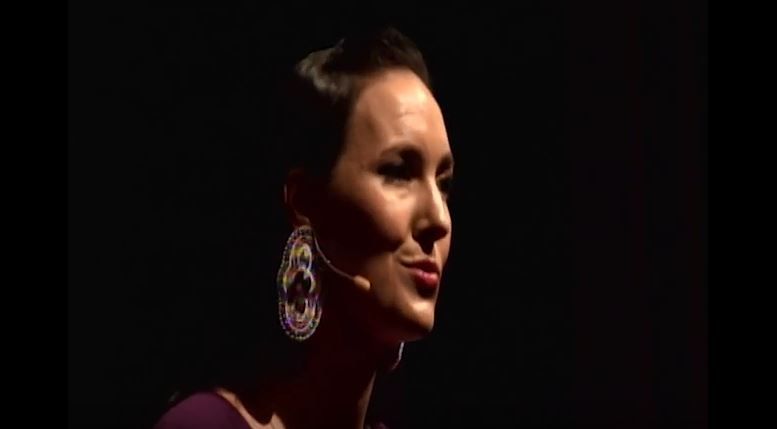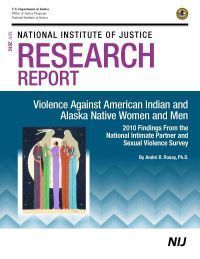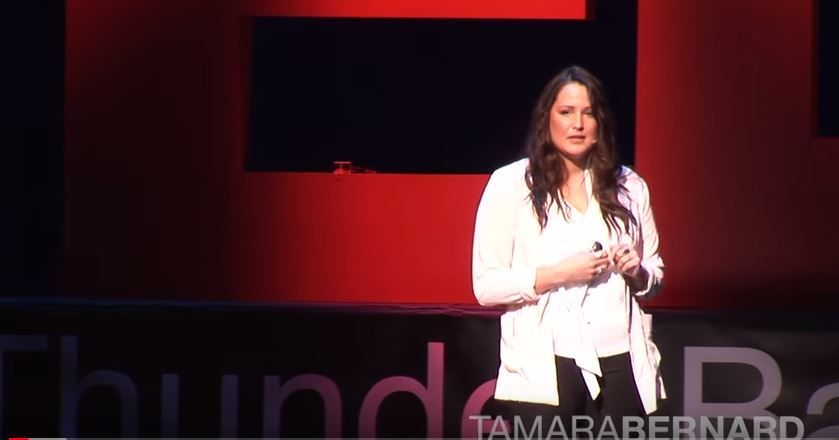You must be able to see where you have been, before you can possibly know where you want to go. – Muscogee Creek
To end domestic violence in all its forms, we must understand the historical context of why it exists in Native communities today. In this section, you will find a selection of items that highlight the history and issues impacting Indigenous people and how the issues are being addressed today.
A Haudenosaunee Perspective on Historical Trauma: A Journey Through the History
NYSCADV, Michelle D. Schenandoah of Indigenous Concepts Consulting and Amie Barnes of the Seven Dancers Coalition present “A Haudenosaunee Perspective on Historical Trauma: A Journey Through the History: From Creation to Residential Schools to Missing and Murdered Indigenous Women and Girls.”
This recording takes participants through Indigenous history to help create a better understanding of the social landscape in Indigenous communities today, as well as a greater understanding of Indigenous people, in general. When we understand the systematic dismantling of Indigenous families and the historical and ongoing impact of that on Native communities today we can begin to create opportunities, insight, and connection with Indigenous people that fosters resolution and healing.
Addressing Domestic Violence in Native Communities Introductory Manual
In order to end domestic violence in all its forms, we must understand why it exists in Native communities today, and assess our current challenges in addressing the issue. When we examine the reasons behind the presence of domestic violence in Native communities, we must first consider its historical origins.
Domestic violence in Native society came about over the course of centuries of change. Examining the history of oppression that laid the groundwork for the rise of violence against Native women shows us that efforts to end the domestic violence faced by women across Indian Country today are still in their infancy.
Developed by Mending the Sacred Hoop, Addressing Domestic Violence in Native Communities Introductory Manual provides a historical overveiw of violence against native women, a framework for undertanding, advocacy for native american and alaskan native women, native men who use violence, domestic violence & children, and organizing in tribal communities.
We Shall Remain
WE SHALL REMAIN was created to address the effects of historical trauma in our tribal communities. Many times, these untended wounds are at the core of much of the self-inflicted pain experienced in Native America. Much like fire, this pain can either be devastatingly destructive or wisely harnessed to become fuel that helps us to rise up and move forward in life with joy, purpose and dignity.
Modern Indigenous Response Resources
This collections of resources reflects upon the modern perspectives current events and historical context by indigenous peoples.

